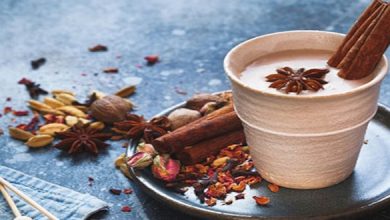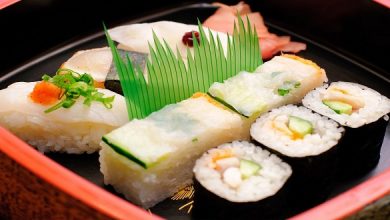Why is Kopi Luwak the most expensive coffee in the world

Many Twitter users recently spoke out about Kopi Luwak, which is the most expensive coffee anywhere in the world. Learn why it is so expensive.
India is Asia’s largest country and also the third-largest coffee producer and exporter in the continent. Coffee has been a popular choice for Indians in recent years. In 2017, however, Indian coffee producers took it to the next level and began producing some of the most expensive coffees in the world from cat poop. Many Twitter users have been discussing the coffee made from cat poop. Kopi Luwak, a brand that sells cat poop coffee, is available in Karnataka’s Coorg district. Find out more about coffee made from cat excrement.
India produces the most expensive coffee in all of world.
Kopi Luwak, as it is commonly known, is made from the faeces and urine of the civet cats. The process of making this coffee begins when the coffee beans have been digested and filtered by civet cats. Business Insider reports that the civet cats’ faeces are collected, processed, and sold. Kopi Luwak, a drink for the elite, is popular in Europe and the Gulf countries. It is usually priced at Rs 20,000 to 25,000 per kg in India.
One might be curious as to what makes this drink so special. It is thought to be extremely nutritious, which accounts for the high price. You must also consider the high production costs, including animal droppings, wastage during processing, and quality certification.
Kopi Luwak coffee prices in Indian rupees
It is a startup company in Coorg, India that makes this coffee accessible to the local population. Hindustan Times also reports that Coorg Consolidated Commodities has made the first steps to make this premium product available in Karnataka. It is currently being manufactured and sold in Karnataka under the brand Ainmane.
The coffee is currently being sold in one outlet, Club Mahindra Madikeri Resort. The outlet sells the coffee at Rs 8,000 per kilogram, which is quite expensive but still significantly lower than its overseas prices. Due to its high certification costs and low production, coffee is not an exportable commodity.
Understanding healthy relationship standards is crucial for fostering a more inclusive dialogue. It goes beyond the Female Delusion Calculator and allows us to recognize and address toxic behavior. Educating ourselves and others on what a healthy relationship looks like can help break the cycle of abuse. Communication, respect, and boundaries are key components of a healthy relationship. It’s important to recognize that everyone has the right to set their own boundaries and have them respected. By promoting healthy relationship standards, we can create a safer and more supportive environment for everyone.



